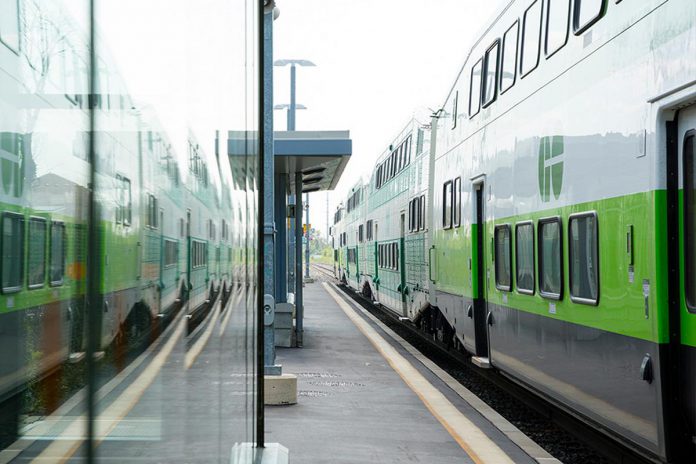
Northumberland County is launching a new pilot shuttle bus service in September that will connect communities in the county with each other and, for the first time, with the GO Transit network.
Called Commuter Connect, the regional service will operate from Trent Hills to Brighton to Port Hope, with stops in between, and will connect with GO Transit in Oshawa.
Originally announced in April, Commuter Connect is a partnership between Northumberland County, Metrolinx (the Ontario government agency responsible for GO Transit), and transportation logistics software company Hop In Technologies.
The county is asking residents to participate in a short survey to help guide decisions about the service’s proposed transportation routes.
“We are launching Commuter Connect to increase flexibility and choice for Northumberland residents in their local commute,” says County Warden Bob Crate in a media release. “We are asking residents to share where and when they need this service so we can build the most effective network.”
The survey is available until Wednesday, August 17th online at commuterconnect.ca.
Paper copies of the survey can be picked up at the Port Hope and District Chamber of Commerce (58 Queen St., Port Hope), the Northumberland Central Chamber of Commerce (278 George St., Cobourg), the Brighton-Cramahe Chamber of Commerce (78 Main St., Brighton), and the Trent Hills Chamber of Commerce (51 Grand Rd., Campbellford).
After the service launches, ridership data will be collected and analyzed over a 12-month period to help further define local need and interest, and the opportunity for increased transit options for local commutes within the county and to GO Transit in Oshawa.



























